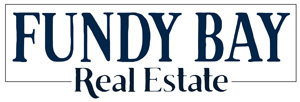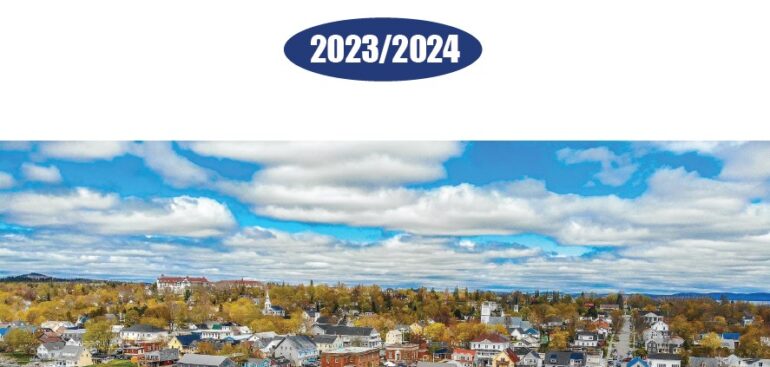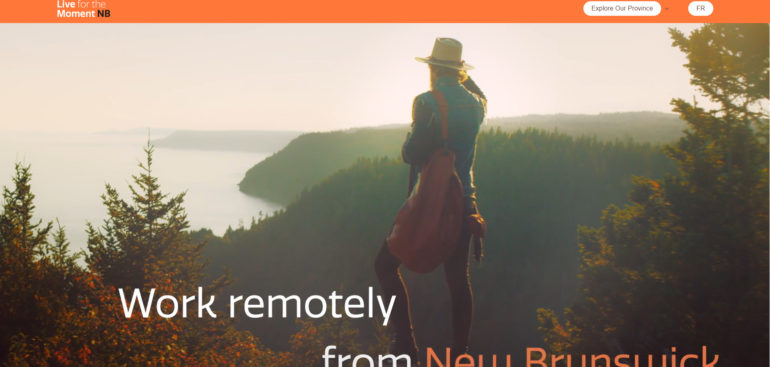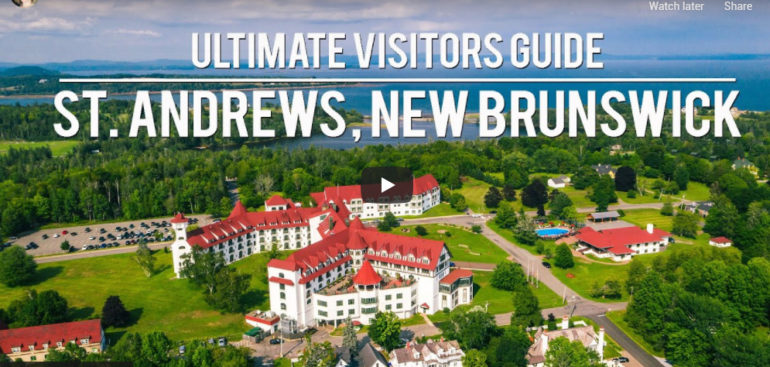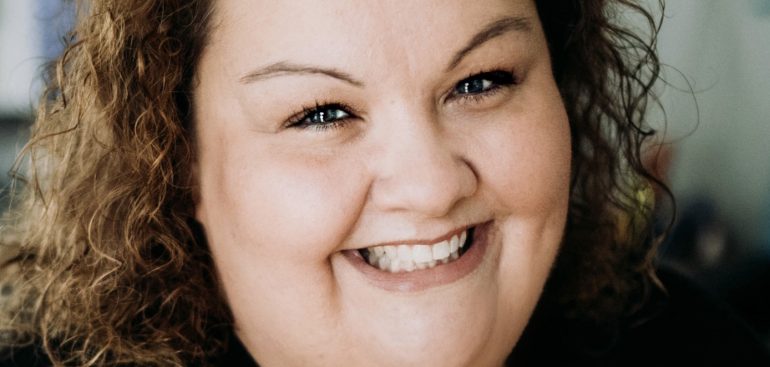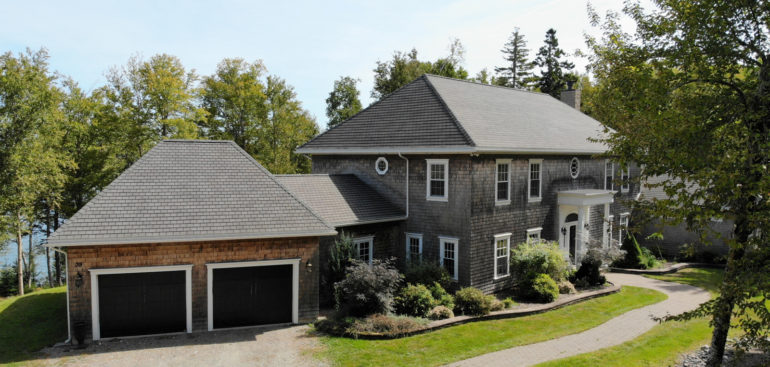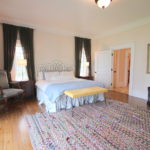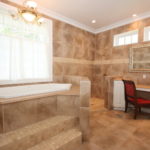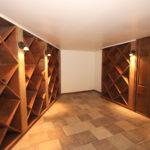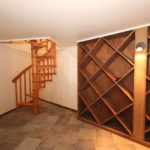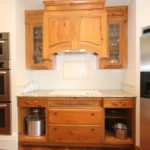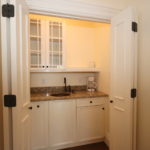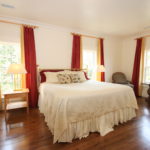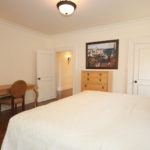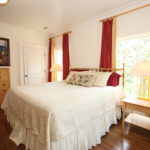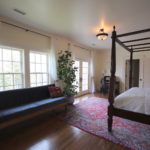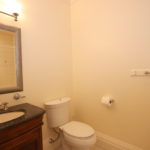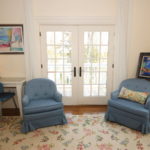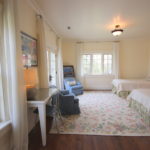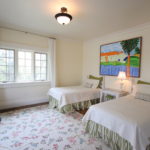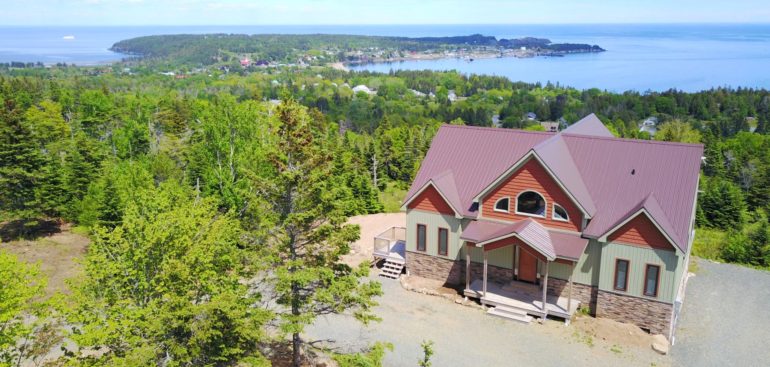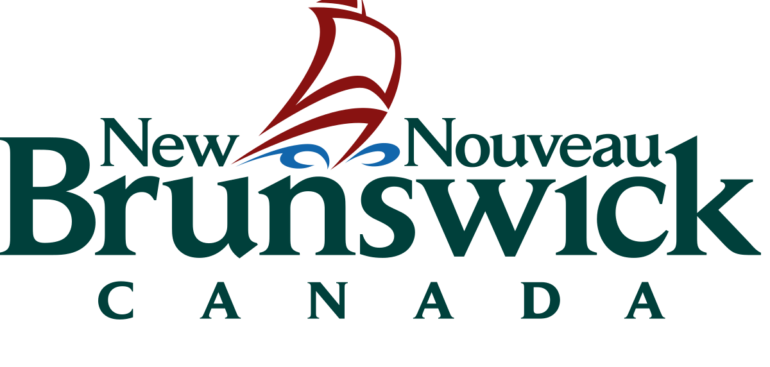Welcome to the St. Andrews New Brunswick Business Directory, your comprehensive guide to the vibrant and thriving businesses in this charming coastal town. Nestled along the picturesque shores of the Bay of Fundy, St. Andrews is renowned for its rich history, natural beauty, and a community that embraces both tradition and innovation.
Whether you’re a resident or a visitor, this directory serves as your go-to resource for discovering the diverse range of businesses that call St. Andrews home. From quaint boutiques and artisanal shops to bustling restaurants and cozy cafés, you’ll find a delightful array of establishments offering unique products and services.
Are you in need of a memorable dining experience? Explore our curated selection of restaurants, showcasing delectable local cuisine and international flavors. Seeking a rejuvenating spa treatment or a boutique hotel for a relaxing getaway? Look no further than our directory’s extensive listing of wellness centers and accommodations, each offering top-notch hospitality.
For those with an adventurous spirit, St. Andrews presents a plethora of outdoor activities. Discover local tour operators, kayak rentals, and fishing charters that will help you explore the stunning natural surroundings, including the iconic St. Andrews-by-the-Sea.
Beyond shopping and leisure, our directory also includes essential services such as healthcare providers, financial institutions, and professional services, ensuring that residents and visitors have access to everything they need for a comfortable and fulfilling lifestyle.
We take pride in supporting local businesses and fostering a strong sense of community in St. Andrews. As you browse through our directory, you can be confident that each listing represents a dedicated entrepreneur or service provider who contributes to the town’s economic growth and cultural fabric.
Whether you’re looking to embark on a culinary adventure, find unique gifts, or connect with local professionals, the St. Andrews New Brunswick Business Directory is your trusted companion. We invite you to explore the treasures of our community and experience the warmth and hospitality that define St. Andrews.
St. Andrews Business Directory_2023-2024 (1)